On Saturday morning between 11 am and 12 pm, as Nigerians woke up to the reality of a Twitter ban, and downloading Virtual Private Networks (VPNs) to access Twitter, the Nigerian government, through the office of the Presidency, reached out to the Cyberspace Administration of China (CAC) to discuss plans to build an internet firewall, FIJ has learnt.
The government officials present at the meeting include Ibrahim Gambari, the Chief of Staff to the President, and Lai Mohammed, Minister of Information and Culture.
The internet firewall is a way of having a separate network for the Nigerian Internet that will give the government control over social media platforms such as Twitter and Facebook. This is similar to the internet filtering system China operates, called the Great Firewall.
According to CFR, “the Great Firewall, is the centre of the government’s online censorship and surveillance effort. Its methods include bandwidth throttling, keyword filtering, and blocking access to certain websites.”
The Reporters Without Borders states that the firewall makes large-scale use of Deep Packet Inspection technology, an advanced method of examining and managing network traffic. The Nigerian government seeks to establish the Nigerian Internet, which it will also control likewise.
A digital security expert told FIJ that China is the only country that deploys total Deep Packet Inspection over its cyberspace. The technology involves making use of lots of manpower.
READ ALSO: REALITY CHECK: Can VPNs Really Guarantee Access to Twitter after Ban?
The internet firewall will also give the Nigerian government power to block VPN, which many Nigerians are using to access Twitter. The CAC is the central internet regulator, censor, oversight and control agency for China and answers to the Central Cyberspace Affairs Commission, headed by Xi Jinping, China’s President. Since its existence, the CAC, which also gives approval to data by Chinese companies outside of China, regulates usernames on the Chinese Internet, licences news information services, and bans comments that “harm national security” or “harm the nations honour interest”.
Wall Street Journal reported that People.cn, the online arm of the Communist Party’s People’s Daily newspaper, offers content moderation as a service. The chairman of People.cn predicted that censorship in China will grow to a $70 billion industry.
The Nigerian government has in the past few years sought a way to control freedom of expression online. Towards the end of 2015, the Frivolous Petition Bill targeting online and print media as well as regulating social media posts was introduced into the Senate just 10 months after Buhari’s ascent to power. In 2019, lawmakers introduced two bills: the National Commission for the Prohibition of Hate Speech bill and the Protection from Internet Falsehood and Manipulation and other Related Offences bill, prompting public outcry that meant they were not passed into law.
This was however not the only effort the Nigerian government made in controlling online speech and spying on its citizens. In November 2017, 21 pro-Biafra websites were taken down on the orders of the Nigerian Communications Commission (NCC). FIJ learnt that the government had explored using Open Source Intelligence (OSINT) between 2018 and 2019 to track down Biafra agitators and supporters, as well as government critics on social media. Intelligence agencies make use of OSINT to track people or events. The Nigerian government had reached out to Bellingcat investigators, a British investigative journalism website that specialises in OSINT, but they declined to work with the Nigerian government.
FIJ learnt that Bellingcat was approached to give OSINT training to the Nigerian intelligence community to develop local capacity for Open Source Investigation. The Nigerian government had sold the angle of national security and fighting terrorism to Bellingcat, but that wasn’t at the top of the government’s priority. Bellingcat later discovered that the purpose of the training was to hunt down civilians and those who spoke negatively against the government, and not Boko Haram terrorists as claimed by the Nigerian government. The terrorists, in this case, were pro-Biafra supporters. Bellingcat has been reported to say what the US intelligence can’t, which includes exposing Russian activities.
READ ALSO: Eight Things to Happen if Government were to Really Ban Twitter
FIJ’s source said the EndSARS protests in 2020 made the government more desperate to control the cyberspace. The conversation about a Nigerian firewall started during the EndSARS protests.
“The government needed a legal framework through which it could carry out its actions,” he said. “That legal framework would serve as a justification for their actions. Mostly, the rhetoric of the government uses, including Friday’s suspension of Twitter, was around Nigeria’s unity and national security.”
A 2020 report titled Running in Circles Uncovering the Clients of Cyberespionage Firm Circles by The Citizen Lab of the University of Toronto showed that Nigeria’s Defence Intelligence Agency had recruited the services of Circles in 2015 and 2017 to spy on its citizens and track down government critics.
Nigeria’s surveillance capabilities rank high on the continent. In 2018, the Office of the National Security Adviser (ONSA) was allocated $12.8 million for Stranvisky Project 2. Other budget allocations intended to increase the surveillance capabilities of both the ONSA and the Department of State Security (DSS) included a ‘Social Media Mining Suite’, ‘Wolverme Next Generation SDRIMSI’, ‘Surveillance Drone’ and ‘Mobile Surveillance Facilities’.
Freedom House, a US-based advocacy group, revealed that the surveillance projects such as Stranvisky Project 2 still received allocation in the 2019 and 2020 budget proposals.
The Citizen Lab, meanwhile, reported that Circles, a surveillance firm, exploits weaknesses in the global mobile phone system to snoop on calls, texts, and the location of phones around the globe. Circles relies on inside sources and open sources intelligence and customers can purchase a system that they connect to local telecommunications companies. Circles merged with NSO Group in 2014, an Israeli surveillance company that sells surveillance equipment.
A 2016 investigation showed that in 2010, Rotimi Amaechi, the former Governor of Rivers State, was the first government official to make contact with Circles to deliver internet surveillance equipment. Though the deal fell through, it highlighted the direction Nigeria was going.
Internet shutdown has become a tool that African leaders are more inclined to exercise during protests and elections. In 2017 in Cameroon, for example, the Anglophone regions had internet shutdown for over three months, and it was only restored on the orders of their sit-tight President, Paul Biya.
Subscribe
Be the first to receive special investigative reports and features in your inbox.


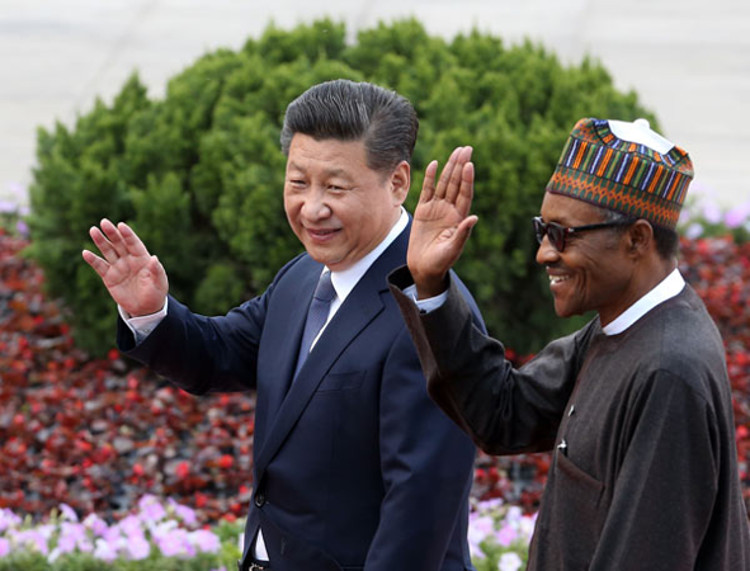




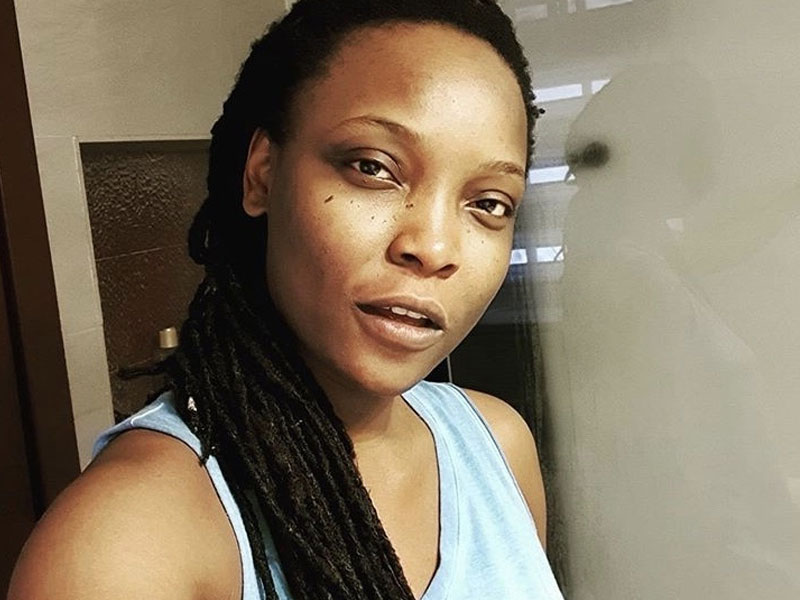



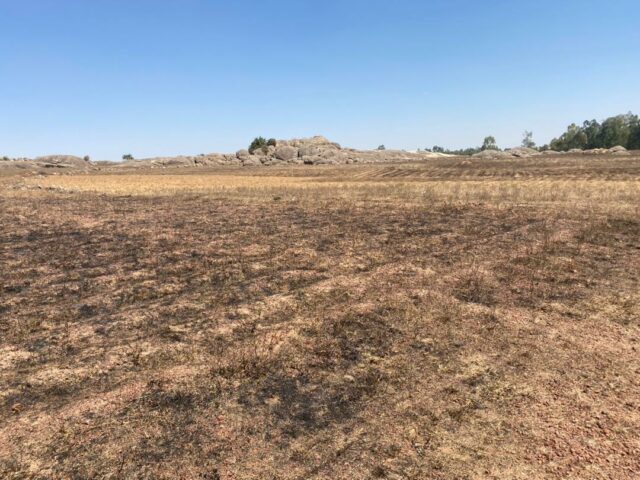

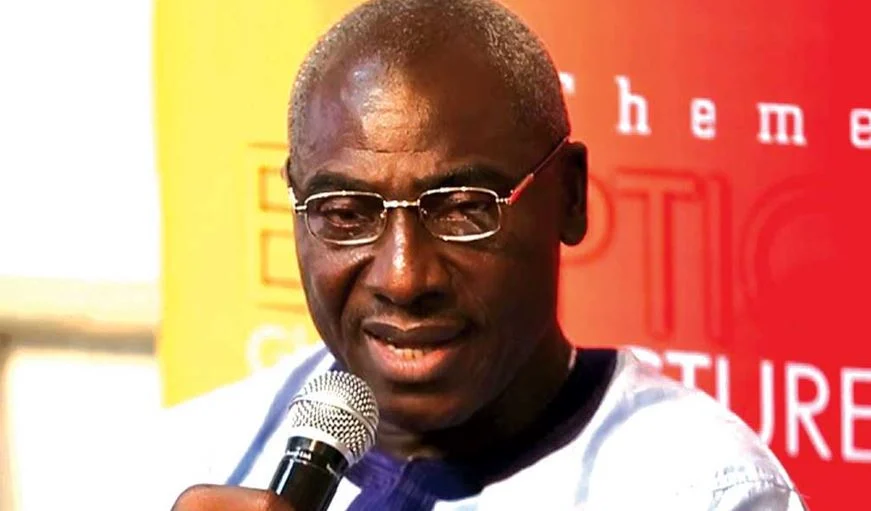





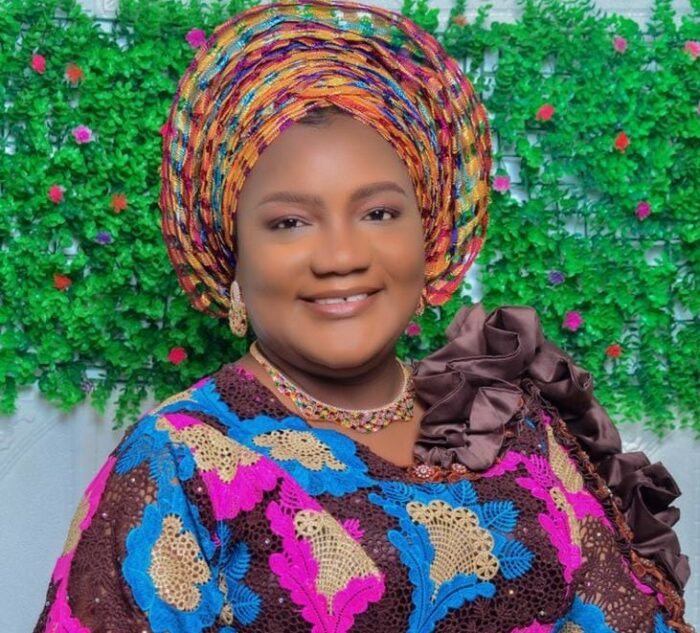

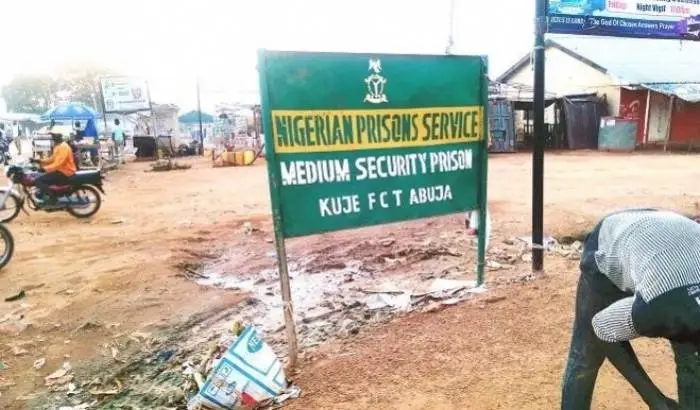


20 replies on “EXCLUSIVE: Presidency Meets With China’s Cyber Regulator to Build Nigerian Internet Firewall”
[…] federal government officers current on the assembly according to the report embrace Ibrahim Gambari, the Chief of Employees to the President, and Lai Mohammed, Minister of […]
[…] 據報道,奈及利亞政府在過去幾年中一直在尋求一種控制網絡言論的途徑。 2015 年底新總統穆罕馬杜·布哈里上台之後不到一年,就加強立法控制網絡以及新聞言論。 […]
[…] was disclosed in a report by the FIJ on Sunday. They added that Nigerian reps in the meeting included Ibrahim […]
[…] the Foundation for Investigative Journalism (FIJ) are anything to go by, the Nigerian Presidency has reached out to the Cyberspace Administration of China (CAC) to discuss plans to build an internet […]
[…] https://fij.ng/article/exclusive-presidency-meets-with-chinas-cyber-regulator-to-build-nigerian-inte… Foreign, Government, Media & Communication gistalarm […]
[…] back in 1984 under a military regime. The government has already started exploring options to institute a firewall like that of China on Nigerian internet users. Nigeria’s National Broadcasting Commission has also directed all […]
[…] concerns that this is a roundabout way to re-introduce the anti-social media bill from 2019. This report by the Foundation for Investigative Journalism, FIJ, reveals that the Nigerian government reached […]
[…] FIJ found that the plans for an internet firewall between the Nigerian government and the Cyberspace Administration of China has been ongoing since the #EndSARS protests. This would enable the Nigerian government control the media space, and create laws that would criminalise speech against the government. […]
[…] tactics reminiscent of the country’s 21-year-old military regime. During the weekend, the local investigation platform FIJ reported that Chinese officials are in talks with the Nigerian government to create an internet firewall to […]
[…] repressive tactics reminiscent of the country’s 21-year-long military rule. Over the weekend, local investigative platform FIJ reported that officials from China are in talks with the Nigerian government to create an internet […]
[…] repressive tactics reminiscent of the country’s 21-year-long military rule. Over the weekend, local investigative platform FIJ reported that officials from China are in talks with the Nigerian government to create an internet […]
[…] repressive tactics reminiscent of the country’s 21-year-long military rule. Over the weekend, local investigative platform FIJ reported that officials from China are in talks with the Nigerian government to create an internet […]
[…] repressive tactics reminiscent of the country’s 21-year-long military rule. Over the weekend, local investigative platform FIJ reported that officials from China are in talks with the Nigerian government to create an internet […]
[…] control de las redes sociales es la razón por la que el Gobierno de Nigeria se acercó a la Administración del Ciberespacio del gobierno de China con vistas a dialogar sobre un plan […]
[…] investigation by the Foundation for Investigative Journalism spoke to a whistleblower who raised concerns over the meeting. Fearful of the consequences and […]
[…] investigation by the Foundation for Investigative Journalism spoke to a whistleblower who raised issues over the assembly. Fearful of the results and pointing […]
[…] has finished. Within the hours following the announcement of the ban on Twitter, it was reported by the FIJ that the federal government has reached out to China to construct an web firewall modelled after […]
[…] are also reports that the government is in talks with China to build an internet firewall, which will block […]
[…] are also reports that the government is in talks with China to build an internet firewall, which will block […]
[…] controle das redes sociais é a razão pela qual o governo nigeriano estendeu a mão para a Administração do Ciberespaço da China para discutir planos para construir um firewall de […]